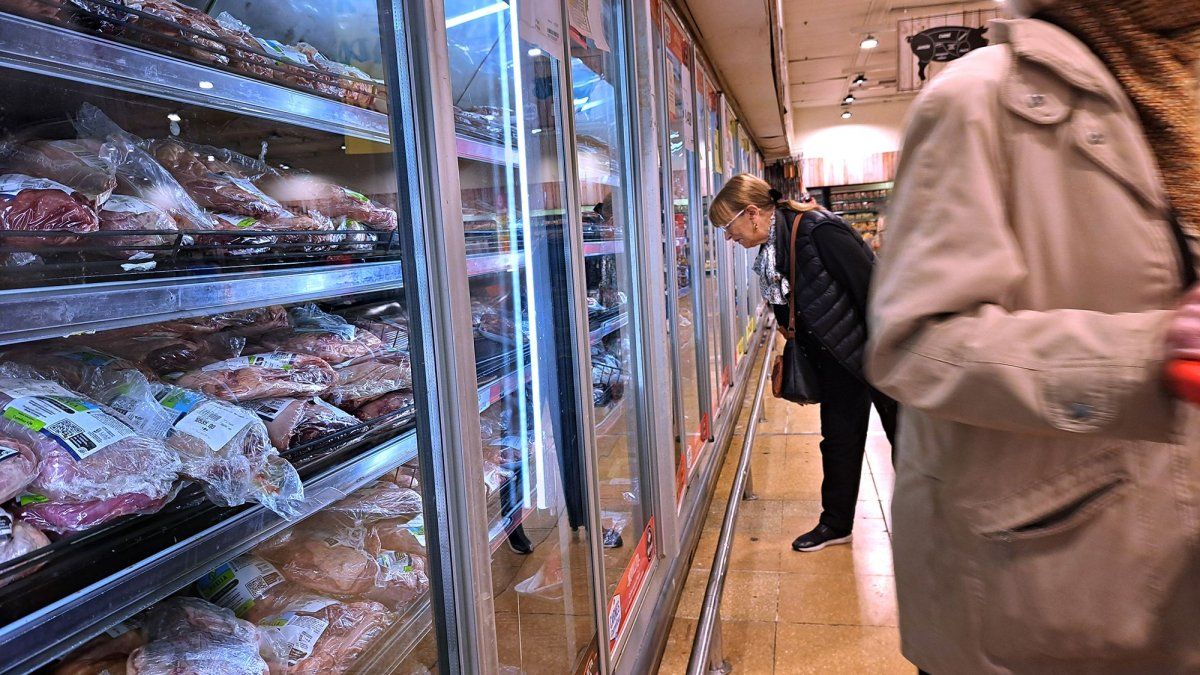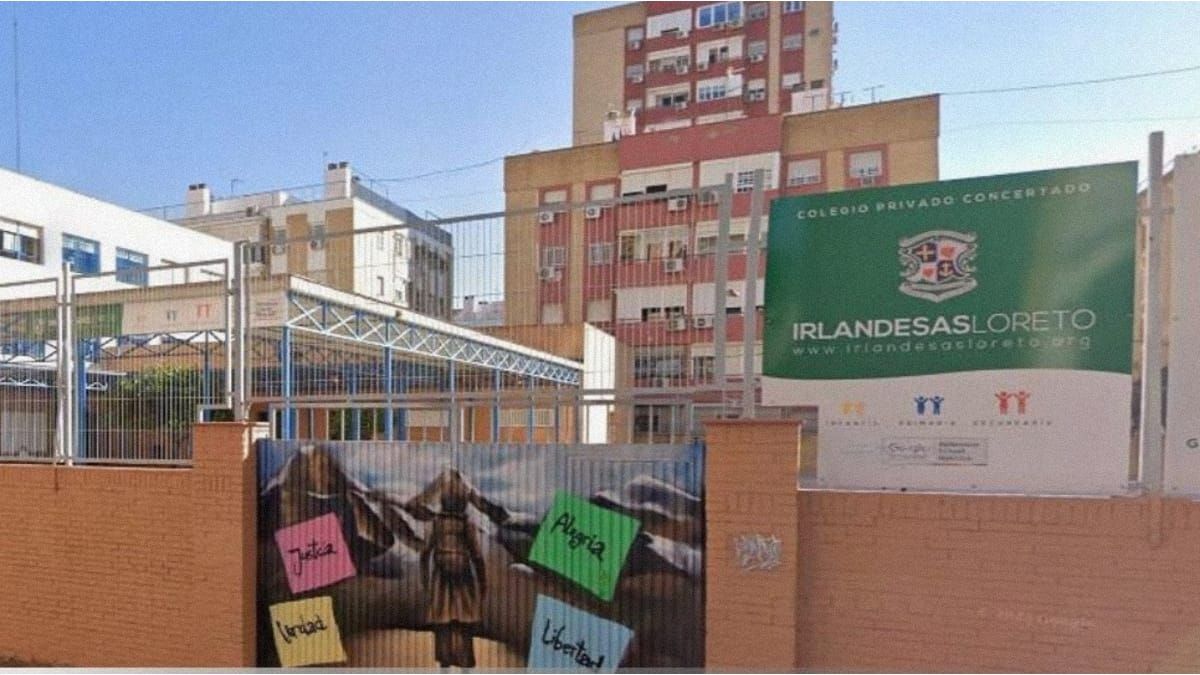In August, the IPCBA variation responded to increases in the following divisions: Transportation, Housing, Water, Electricity, Gas and Other Fuels, Food and Non-Alcoholic Beverages, and Health.
In August, goods registered an increase of 3.1%, below services, which increased by 4.9%.
Mariano Fuchila
The inflation rate that measures the City of Buenos Aires was 4.2% in August and 106.8% so far this yearaccording to data from the IPCBA. The year-on-year increase was 243.1%.
The content you want to access is exclusive for subscribers.
During August, the variation of the IPCBA responded to the increases in the following divisions: Transport, Housing, water, electricity, gas and other fuels, Food and non-alcoholic beverages and Health, which together accounted for 67.1% of the overall increase.


How the increases were by sector
Transport increased by 9%, as a result of the adjustment in the value of the urban bus ticket. Next in importance were the updates in the fare for taxi rides and the prices of fuel and lubricants for vehicles for home use.
Housing, water, electricity, gas and other fuels The average increase was 4.4%, mainly due to increases in the values of common housing expenses and rents. To a lesser extent, adjustments in residential rates for water and electricity supply services were notable, along with increases in the prices of home repair services.
Food and non-alcoholic beverages recorded a rise of 3.1%. Within the division, the main boosts came from Meat and derivatives (5.3%), Bread and cereals (4.1%) and Milk, dairy products and eggs (3.7%).
Health rose 5.4% due to increases in health insurance premiums. The next most important increase was in drug prices.
During August Goods registered an increase of 3.1%, below services, which increased by 4.9%.
Source: Ambito



